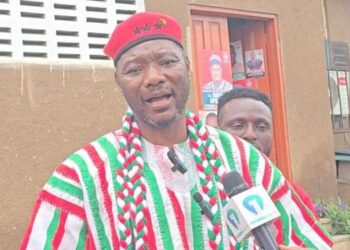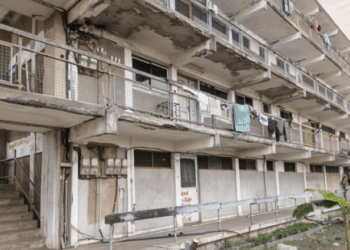The Bank of Ghana (BoG) has issued a new directive that could see wilful loan defaulters barred from accessing credit for up to five years.
This is in a bid to curb rising non-performing loans (NPLs) and protect the stability of the financial sector.
The measure targets borrowers who deliberately refuse to repay loans despite having the means, as well as those who divert funds for unauthorised purposes, secure credit with falsified documents or submit fraudulent collateral.
Under the rules, all commercial banks and regulated lenders must publish the names of such defaulters twice a year — on June 30 and December 31 in at least two national newspapers and on their websites.
Who is a willful defaulter
A borrower qualifies as a wilful defaulter if they divert loan funds for unauthorised purposes, secure credit using falsified collateral or fraudulent documents, or simply refuse repayment despite having the resources to do so.
Once the central bank approves a loan write-off, the borrower will be cut off from all regulated credit facilities for a period equal to twice the time between the write-off approval and the debt’s full settlement.
Repeat offenders, that is those named twice or more within a decade will automatically face a five-year ban, or longer if the calculated prohibition exceeds that term.
Sanctions will also extend to company directors, guarantors and associates found to have aided in fraudulent conduct or the diversion of funds.
Defaulters must repay all outstanding debts and fees, clear their record with credit bureaus, and demonstrate a credible repayment capacity to regain access to credit.
The BoG says the directive, issued to all regulated financial institutions on August 13, is part of its broader effort to strengthen credit discipline, enhance lender confidence and safeguard banking sector profitability and liquidity.










Discussion about this post